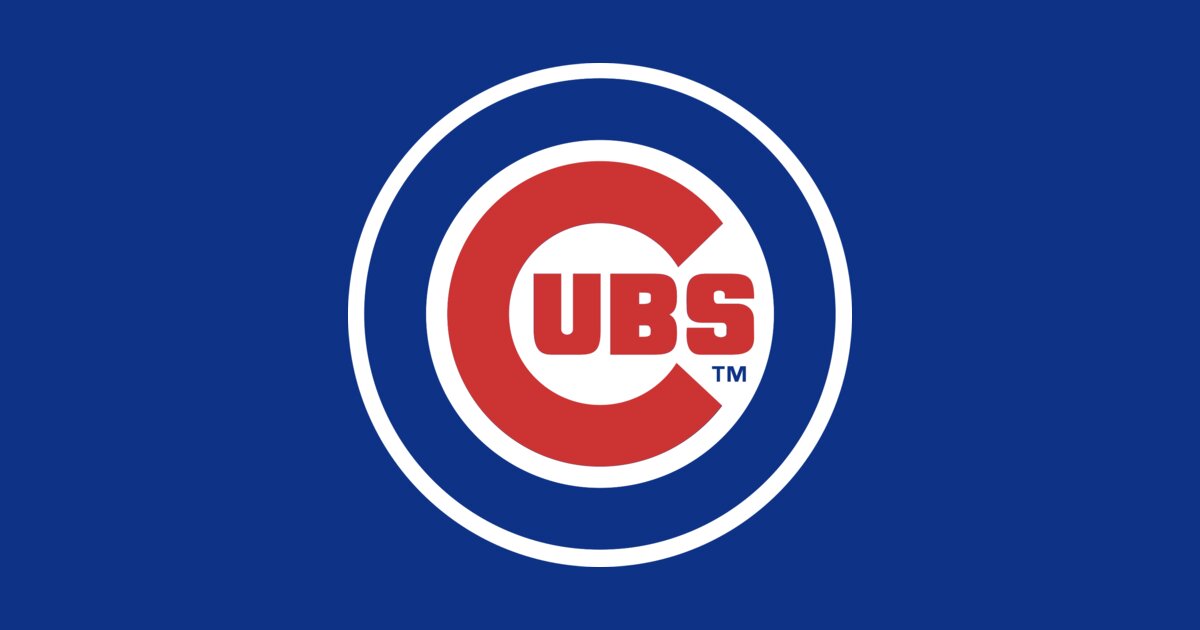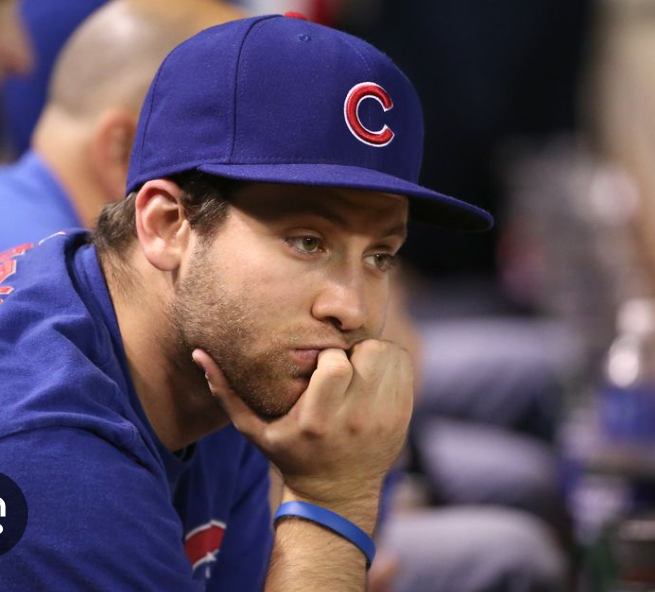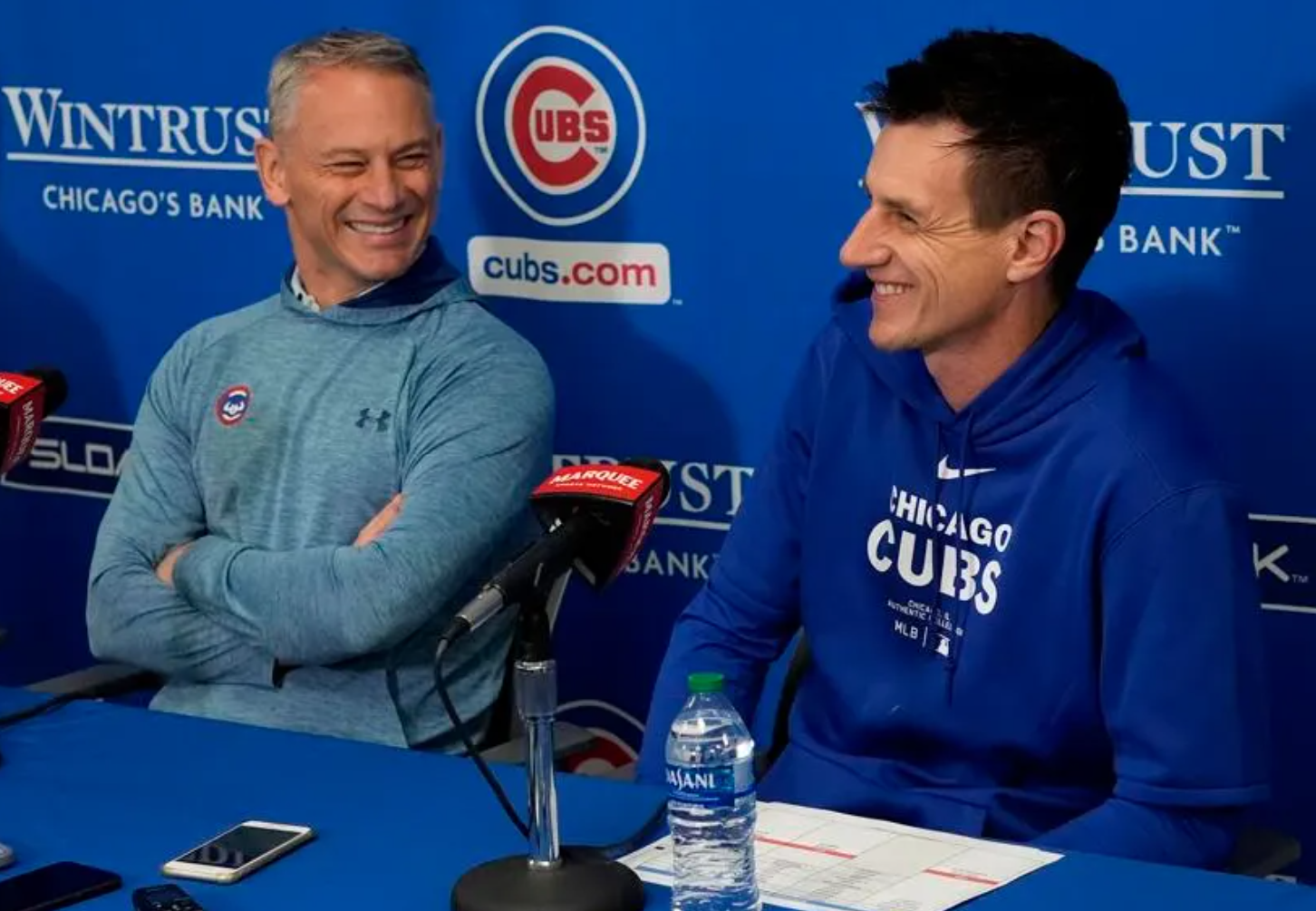The Chicago Cubs’ trade for outfielder Kyle Tucker in December triggered one of the most surprising sequences of offseason moves.
Shortly after obtaining Tucker from the Houston Astros in exchange for Isaac Paredes, Cam Smith, and Hayden Wesneski, the Cubs traded Cody Bellinger to the New York Yankees for reliever Cody Poteet.
The series of moves significantly altered the Cubs’ expected Opening Day roster and raised concerns about Tucker’s future in Chicago. The main question was: why would the Cubs trade three players, all of whom were far from free agency, to acquire Tucker, who could become a free agent in a year, without seriously attempting to secure him with a long-term contract?
The situation became more complex when the Cubs and Tucker, a three-time All-Star, couldn’t reach an agreement on his 2025 salary before last Thursday’s deadline. This increased the likelihood that the two parties might go to arbitration.
Salary arbitration is a challenging process where teams argue why a player should earn less, while players make their case for a higher salary. The hearings can be contentious, and although they are sometimes a part of baseball’s business, an arbitration hearing would hardly be a favorable starting point for the Cubs to engage in long-term contract talks with Tucker, a three-time All-Star.
On Thursday, the issue of Tucker’s 2025 salary was settled. According to ESPN’s Jesse Rogers, the Cubs will pay the former Gold Glove Award winner $16.5 million for the season.
By finalizing a new contract, both sides were able to avoid arbitration. However, the lingering question is: why did it take so long?
As Rogers explains, the issue revolved around how to assess Tucker’s performance during his 2024 season with the Astros.
Tucker, as Rogers mentioned on Twitter/X, “was a unique case, considering he only played 78 games last season but posted a 4.2 fWAR with 23 home runs, etc. Just a monster half season.”
If projected over a full 162-game season, Tucker’s 78-game performance translates to an 11-fWAR season, which would rank among the best single-season performances in baseball history. But the question remains: was that a realistic expectation?
Perhaps not, but Tucker’s case is clear. His injury—a right shin contusion in June—kept him out for three months. At the time of the injury, his OPS was already an impressive .979. After returning in September, he posted a 1.041 OPS over his final 18 games. Is it fair to reduce Tucker’s pay for the stats he missed out on simply because of the injury?
In the end, the two sides reached an agreement. Now, Tucker has the chance to secure a nine-figure salary when he becomes a free agent in a year—unless, of course, he and the Cubs finalize a long-term extension before that happens.
Following Thursday’s news, it’s reasonable to increase the likelihood of such an extension from “remote” to a more plausible possibility.




